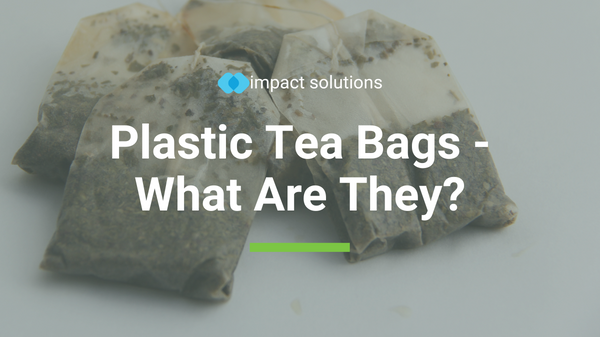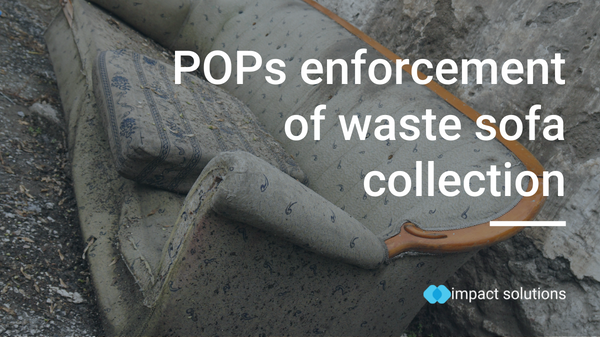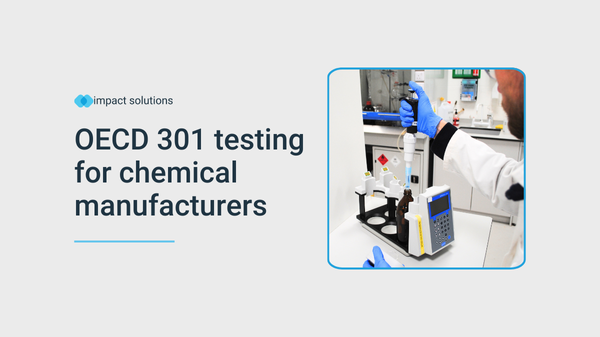ISO 14855
ISO 14855 is a test method performed to determine the ultimate aerobic biodegradability of plastic materials under controlled composting conditions. The method involves analysing evolved carbon dioxide using a system based on mature compost as the solid bed, which provides nutrients and an inoculum. The inoculum is formed from many organic substances, such as trees, leaves, food waste, etc. which consumes the material, leading to biodegradation. The components produce heat when breaking down the material, which in turn produces more CO2.
The test requires the set-up of nine flasks. Three contain just the mature compost, three more contain the mature compost and a negative material (something that will never biodegrade e.g. plastic). The last three contain the mature compost and a positive material (something that will always biodegrade e.g. paper).
This process takes place over a period of six months, measuring how much carbon in the material converts to CO2 and how long it takes to convert and to which extent the product has disintegrated. For a product to be certified as biodegradable under BS EN 13432, ISO 14855 states that 90% CO2 must be produced by the end of the six months.
If you are interested in our biodegradability services, please contact a member of our team to discuss your testing needs.
Additionally, follow us on LinkedIn or Facebook to keep up to date with our latest updates.
More Biodegradability Testing




